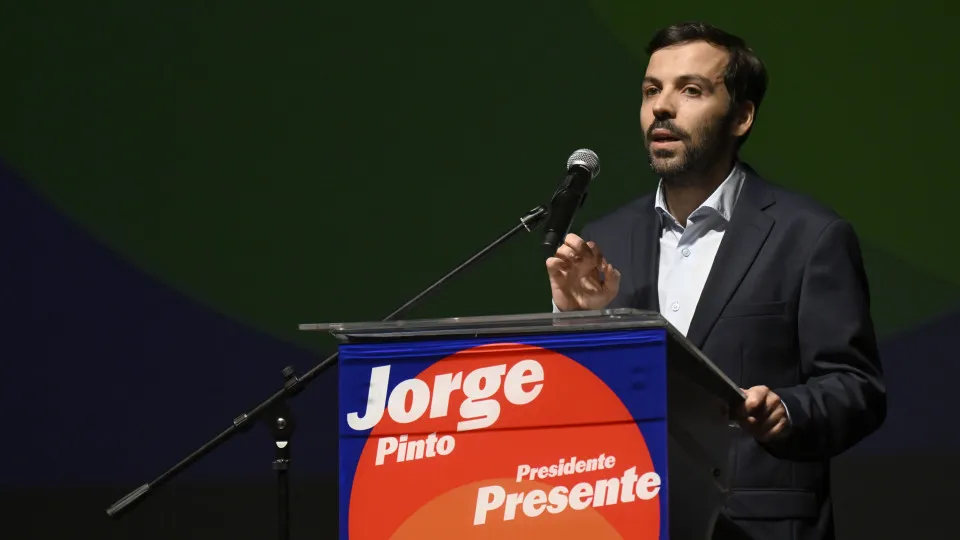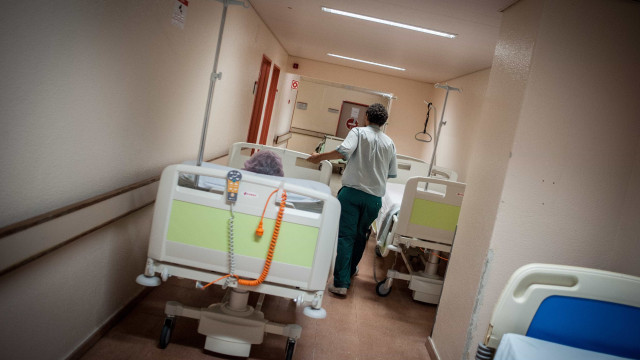
The document will be delivered to the first vice-president of parliament, Teresa Morais, in the visitors’ room of the president of the Assembly, José Pedro Aguiar-Branco.
The government, in a cabinet meeting today, approved the executive’s program, which will be fully disclosed on Saturday after its submission to parliament, with discussions set for Tuesday and Wednesday in the Assembly of the Republic.
Following the government meeting, Minister of the Presidency António Leitão Amaro described the document as “an ambitious program to transform the country,” presenting its ten priority areas.
The first priority focuses on “an income policy that values work and savings, merit, and social justice,” followed by state reform as the second priority, and the third aims to “create wealth, accelerate the economy, and increase added value.”
A “regulated and humanistic immigration” is the fourth priority, with the fifth concerning the operation of public services “with quality,” through “complementarity between public, private, and social offerings.”
The sixth priority is dedicated to “closer security, faster justice, and combating corruption,” while the seventh focuses on housing.
The eighth priority is the construction of new infrastructure, the ninth is the “water that unites” project, and the tenth involves a “strategic reinforcement plan for defense investment.”
The PCP has announced it will submit a motion of rejection against the government program. However, this initiative is expected to be rejected, given that PSD, CDS, Chega, and PS will not support it.
The second PSD/CDS-PP government, led by Luís Montenegro, was sworn in last week, consisting of 60 members including the prime minister, 16 ministers, and 43 secretaries of state, with one-third being women.
The AD coalition (PSD/CDS-PP) won the legislative elections without an absolute majority, electing 91 deputies out of 230, including 89 from PSD and two from CDS-PP.
Chega became the second-largest parliamentary force with 60 deputies, followed by PS with 58, IL with nine, Livre with six, PCP with three, and BE, PAN, and JPP with one each.
Luís Montenegro has been the prime minister since April 2 of the previous year, succeeding an eight-year PS governance cycle.




